Postpartum depression is a mood disorder that can affect women after childbirth. Mothers with postpartum depression experience feelings of extreme anxiety, sadness, and exhaustion that may make it difficult for them to complete daily care activities for themselves or others.
Postpartum depression, or what some call “baby blues” is a specific experience of depression after women give birth. It is important to recognize that baby blues is not the same as postpartum depression. The symptoms of postpartum depression are intense and can be long-lasting. They can impact a mother’s ability to care for her child and bond with her child. Postpartum depression symptoms can also develop before the birth of a baby. Postpartum depression affects between 10 and 20 percent of new mothers.
There is no single cause for postpartum depression, and more than likely is caused by a combination of physical changes and emotional issues. Between the considerable drop in hormones after childbirth in the body, sleep deprivation, and being overwhelmed, these factors may contribute to postpartum depression. New mothers may be anxious about their ability to care for a newborn, they may feel less attractive, struggle with a sense of identity or feel that they’ve lost control over their life. Any of these issues can contribute to postpartum depression.
There are various symptoms related to postpartum depression.
There is no perfect way to approach a loved one that you assume or know has postpartum depression, but they are usually the first to recognize the symptoms in their loved one. Encouraging a loved one to speak with a medical or mental health professional can be helpful. Offering emotional support and assisting with daily tasks such as caring for the baby or the home may also help support a loved one with postpartum depression. If you are concerned about your loved one’s safety, please call 911 immediately.
Treating postpartum depression usually includes psychotherapy and sometimes can include the use of medication. It is important to distinguish the best course of treatment individually.
Psychotherapy, also known as talk therapy or psychological counseling is an effective treatment in which individuals struggling with postpartum depression can develop healthy coping skills to manage their feelings. Individuals may also use the space to talk through their concerns and feelings related to their postpartum depression. With appropriate treatment, postpartum depression symptoms usually improve. In some cases, postpartum depression can continue, which can turn into chronic depression. It is important to continue treatment after beginning to feel better, and there is the potential that stopping treatment too early may lead to a relapse.
This form of therapy can support the individual, as well as the family regarding how postpartum depression affects the family unit. It can provide the family with skills on how to resolve issues that arise and healthily communicate with each other. Family therapy also provides the individual with the support needed for their recovery.
The most common form of medication used to reduce postpartum depression symptoms are antidepressants. Our skilled perinatal psychiatrists will carefully assess your needs and provide medication options if appropriate.
We offer a range of evidence-based therapies that have been proven effective in treating postpartum depression. These therapies include:
Your Path to Healing Begins Today
Embarking on the path to healing from postpartum depression takes courage and a supportive community. At Clarity Clinic, we are committed to walking this journey alongside you, providing the guidance, tools, and understanding you need to regain your sense of self and enjoy motherhood to the fullest.






















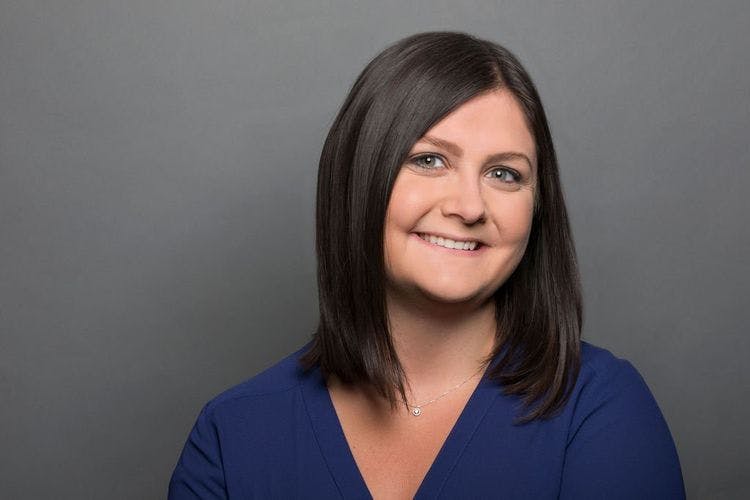





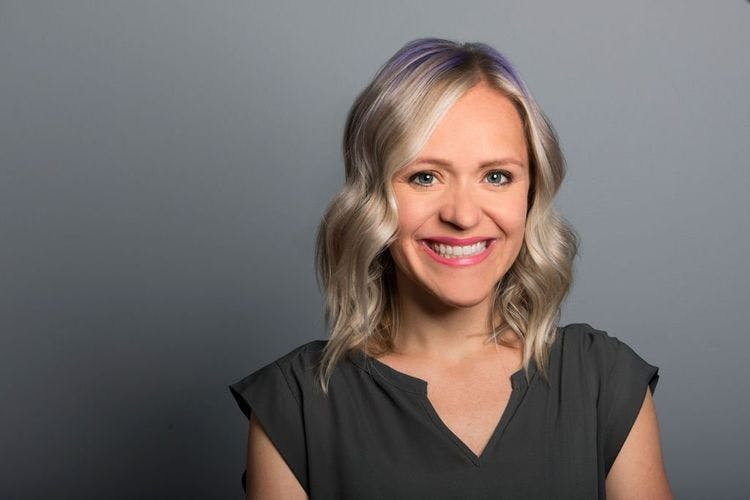












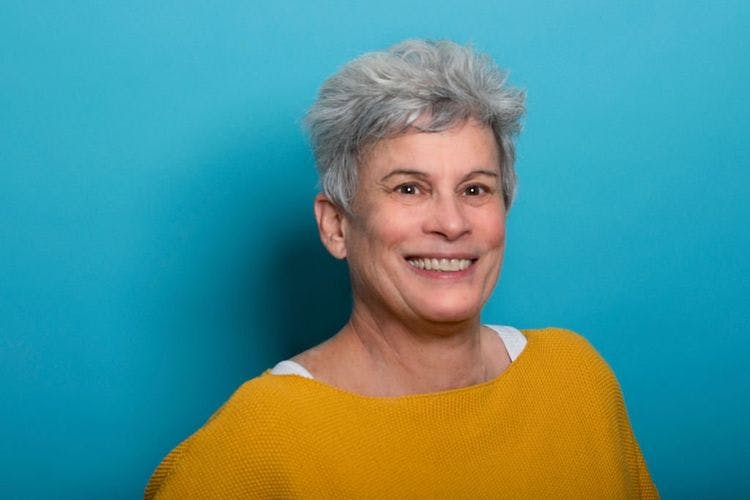











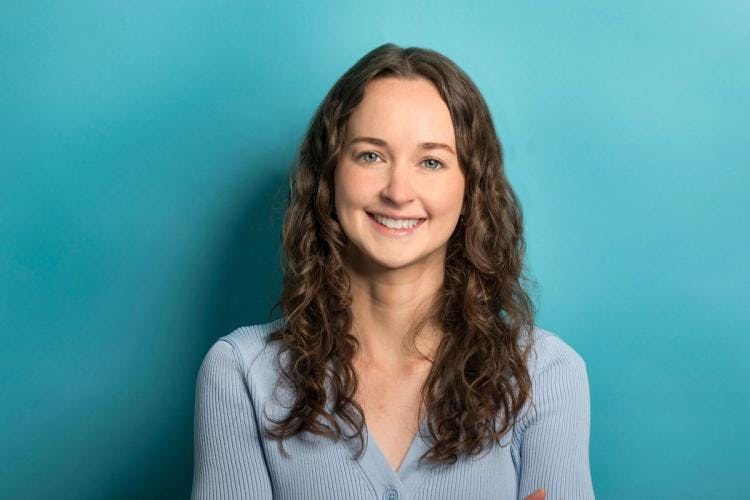







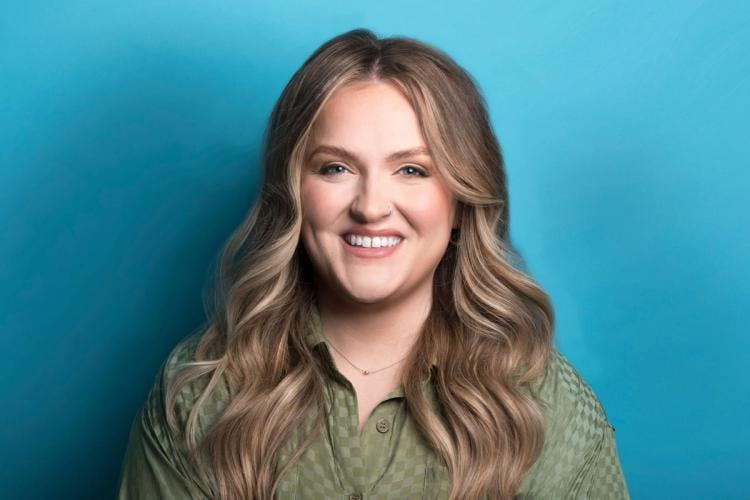


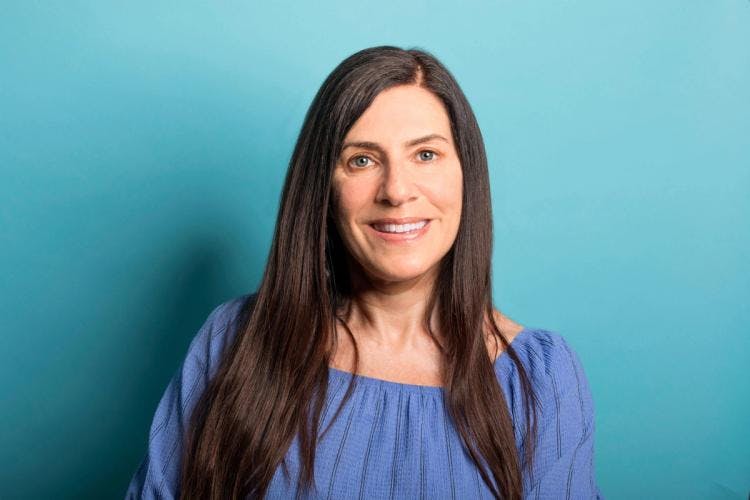






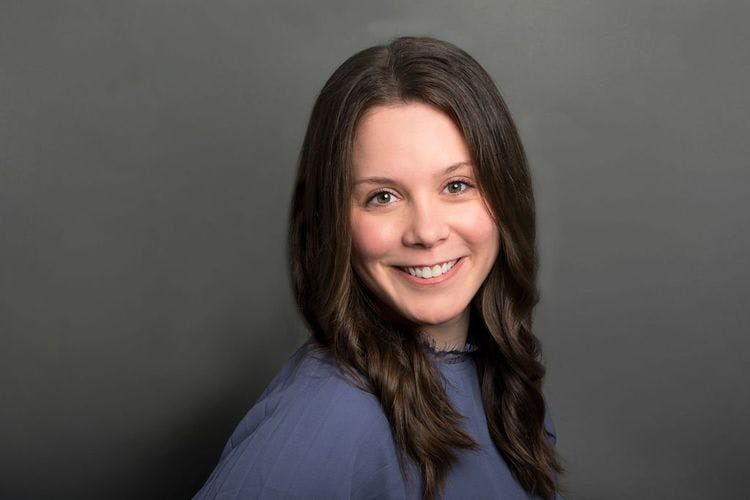



Our Services
Virtual/Online CarePHP and IOPAdult PsychiatryChild & Adolescent PsychiatryAdult TherapyChild & Adolescent TherapyCouples CounselingFamily TherapyGroup TherapyPsychological TestingTranscranial Magnetic Stimulation (TMS)